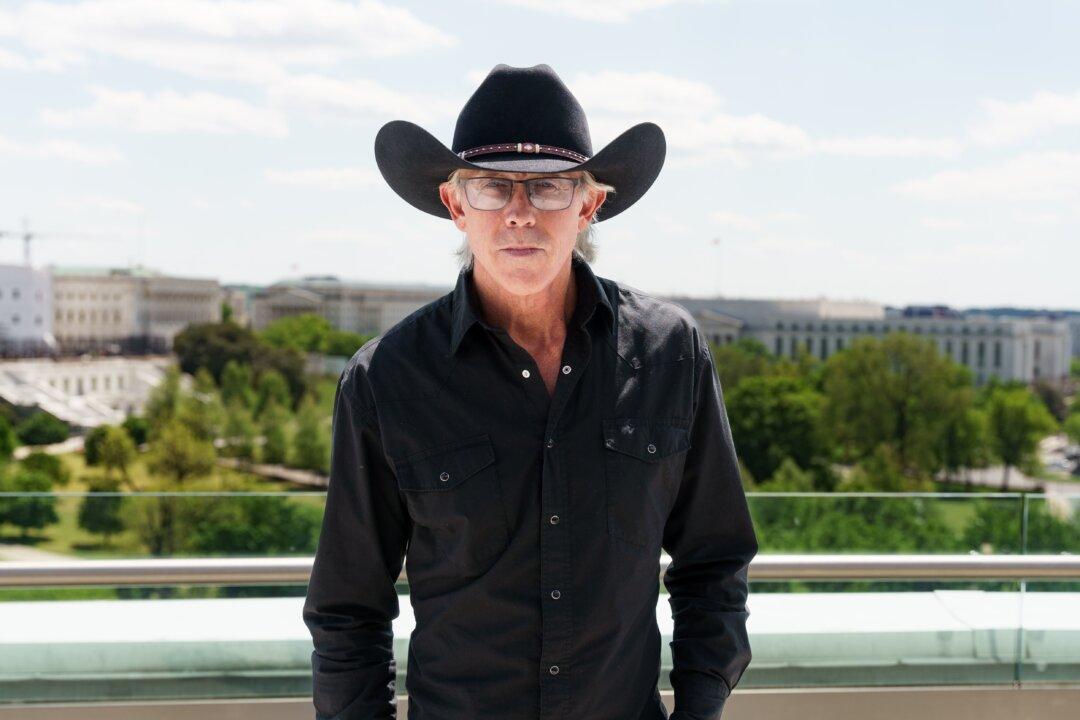“They’re trying to take the animal and the soil out of our consumption model,” argues Texas Slim, “and turn it into something that’s grown and produced in labs.”
In a recent episode of “American Thought Leaders,” host Jan Jekielek and Texas Slim, founder of The Beef Initiative, discuss the campaign against beef and the radical transformation of our foods and its effects on our health in the past half century.






